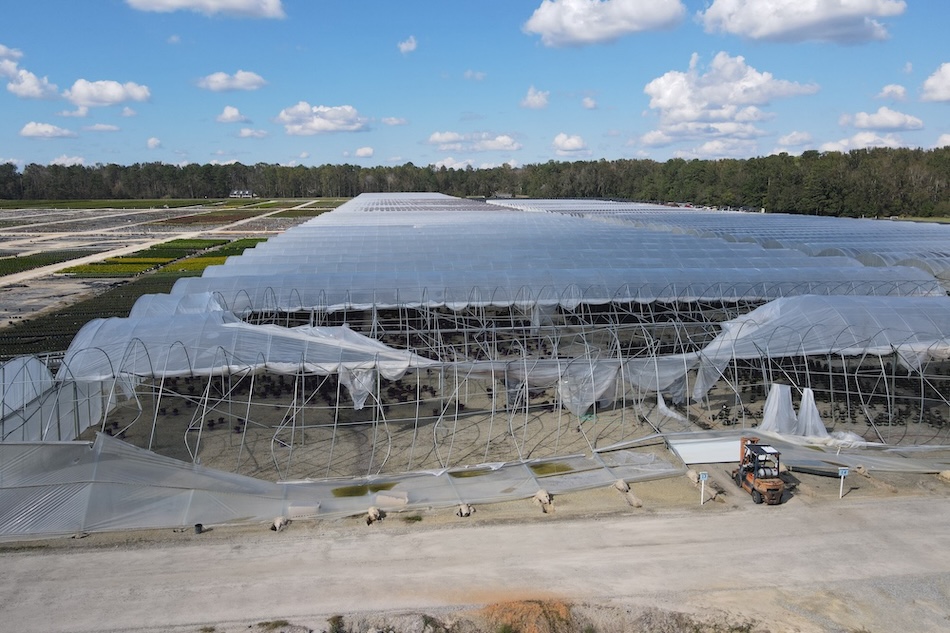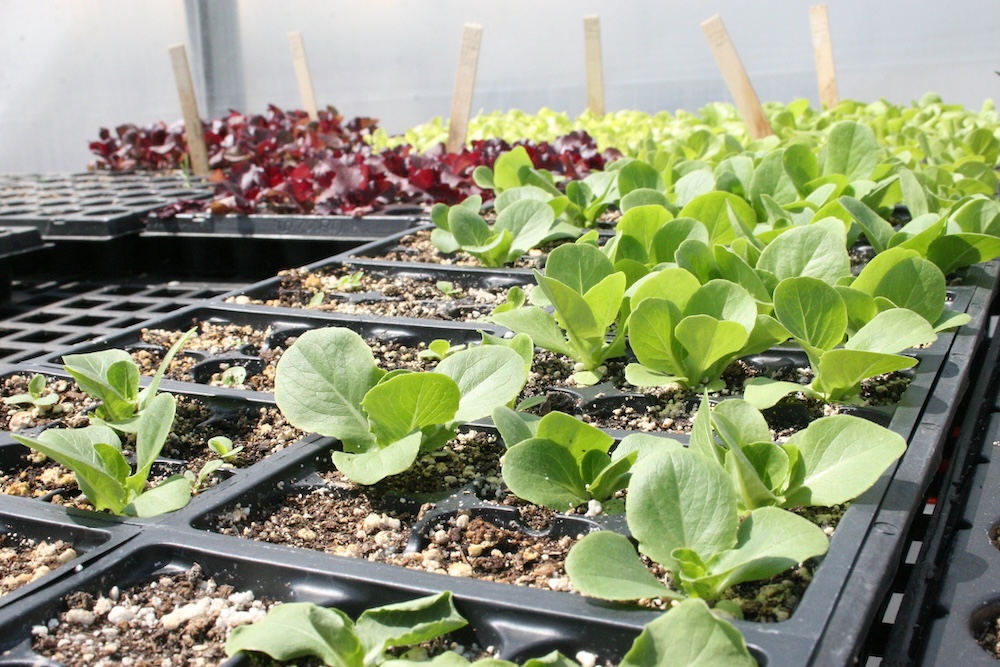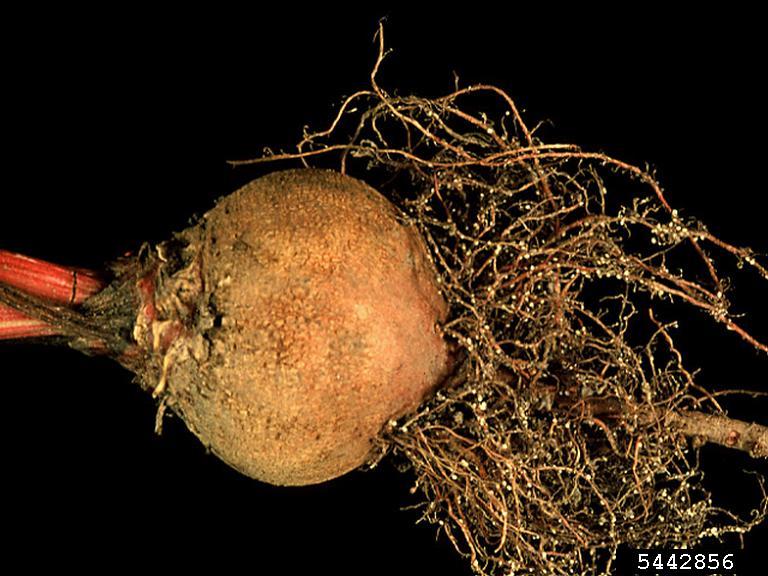Fruits and vegetables are Georgia's number-two cash crop, but the popularity of commodities like peaches, tomatoes, blueberries, and fresh greens is not limited to commercial producers.
Interest in home gardening continues to grow as people realize the nutritional and economic benefits of home-grown produce and learn that it's relatively easy to augment your family's food selection right from your own backyard.
UGA Extension provides both home gardeners a variety of information to help have the best output with the least amount of labor possible.
For information about commercial fruit and vegetable production in Georgia, see our Fruit, Vegetable and Ornamentals section.
Our Programs and Services
-
Master Composter Become a home composting expert!
-
Master Gardener Extension Volunteer Program Intensive horticultural training to individuals who then volunteer in their communities by giving lectures, creating gardens, conducting research, and many other projects.
-
On-Site and Telephone Consultation Available in many situations for home owners and consumers.
-
Pesticide Safety Education Program Georgia's Pesticide Safety Education Program promotes the responsible and safe use of pesticides throughout Georgia. We accomplish this by providing the educational resources, training programs, and materials needed to help both private and commercial pesticide applicators achieve certification and subsequently to maintain the knowledge to safely and effectively make use of restricted-use and all other pesticides.
-
School Garden Curriculum Garden-based lessons listed by grade level on earth science, life science, and physical science topics.
-
Soil and Water Testing Services Increase your yield, test your water quality, and more.
Recent Publications
-
Visual Guide to Common Wild Bees in Apple Orchards in North Georgia (C 1324) Wild bees are effective pollinators of crops and native flowers, shrubs, and trees. They are naturally present and can supplement honey bees in apple pollination. Boosting their numbers by habitat dev…
-
Blueberry Production in South Georgia: Variety Preference and Major Constraints (C 1311) A grower survey was carried out in January 2023 during the annual blueberry update event held in Alma, Georgia. Survey responses were collected from 26 growers from eight Georgia counties. The results…
-
Home Garden Series: Best Garden Vegetable Varieties for Georgia (C 1326) This publication lists vegetable variety recommendations for the state of Georgia. Most of these varieties have been trialed and grown successfully in the state. These are not the only varieties that …
-
Hydroponic Gardening for the Homeowner and Small Grower (C 1315) Important considerations for starting a small hydroponic operation at your home or an urban garden site.
-
2025 Georgia Ag Forecast Series: 2025 Fruits and Tree Nuts Outlook (AP 130-3-10) 1. Blueberries will continue to lead the Georgia fruits and tree nuts industry in 2025 and subsequent years despite the damage from Hurricane Helene, which is expected to reduce production and yields.…
Websites
UGA-affiliated
Georgia Master Gardener Gives an overview of the program to train and certify individuals in horticulture and includes extensive links.
Sustainable Agriculture at UGA Brings together information on sustainable agriculture including organic agriculture, pollinators, and other resources.
External sites
Walter Reeves A wealth of gardening resources and tips from this well-known Extension garden specialist and host of "Your Southern Garden."
-
Farm Bill You’ve probably heard of the U.S. Farm Bill, but do you know what it is? While it may seem like it only affects farmers, this complex legislation impacts everyone — whether you buy groceries, care about conservation or rely on nutrition programs.

-
Seed Starting A great garden starts with a little planning. UGA Cooperative Extension horticulture specialists provide expert advice on starting plants from seeds to get a head start for your best vegetable garden yet.

-
Cyst Nematodes UGA researchers Melissa Mitchum and Xunliang Liu have uncovered how cyst nematodes co-opt a sugar beet’s vascular system for their own benefit.



























































